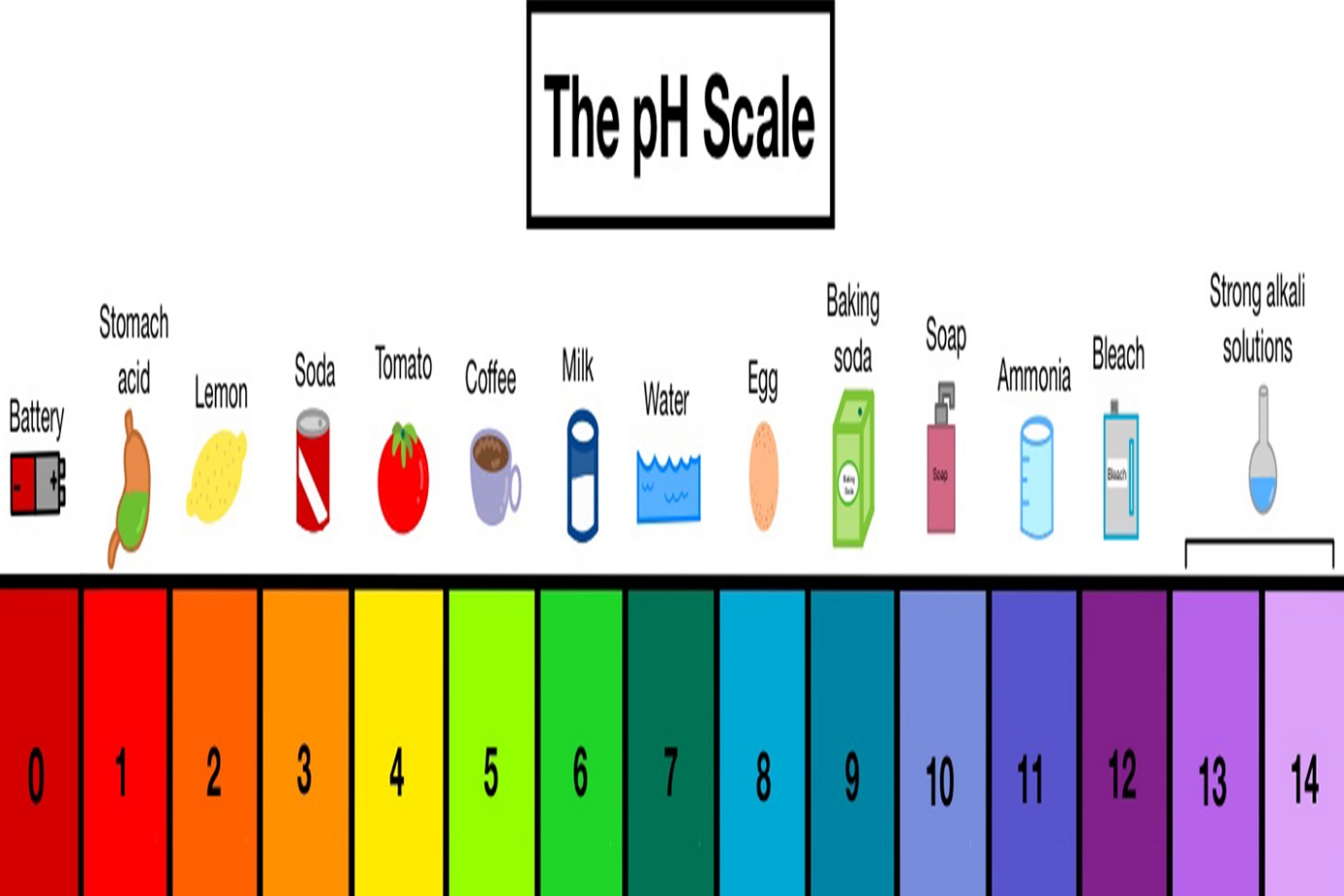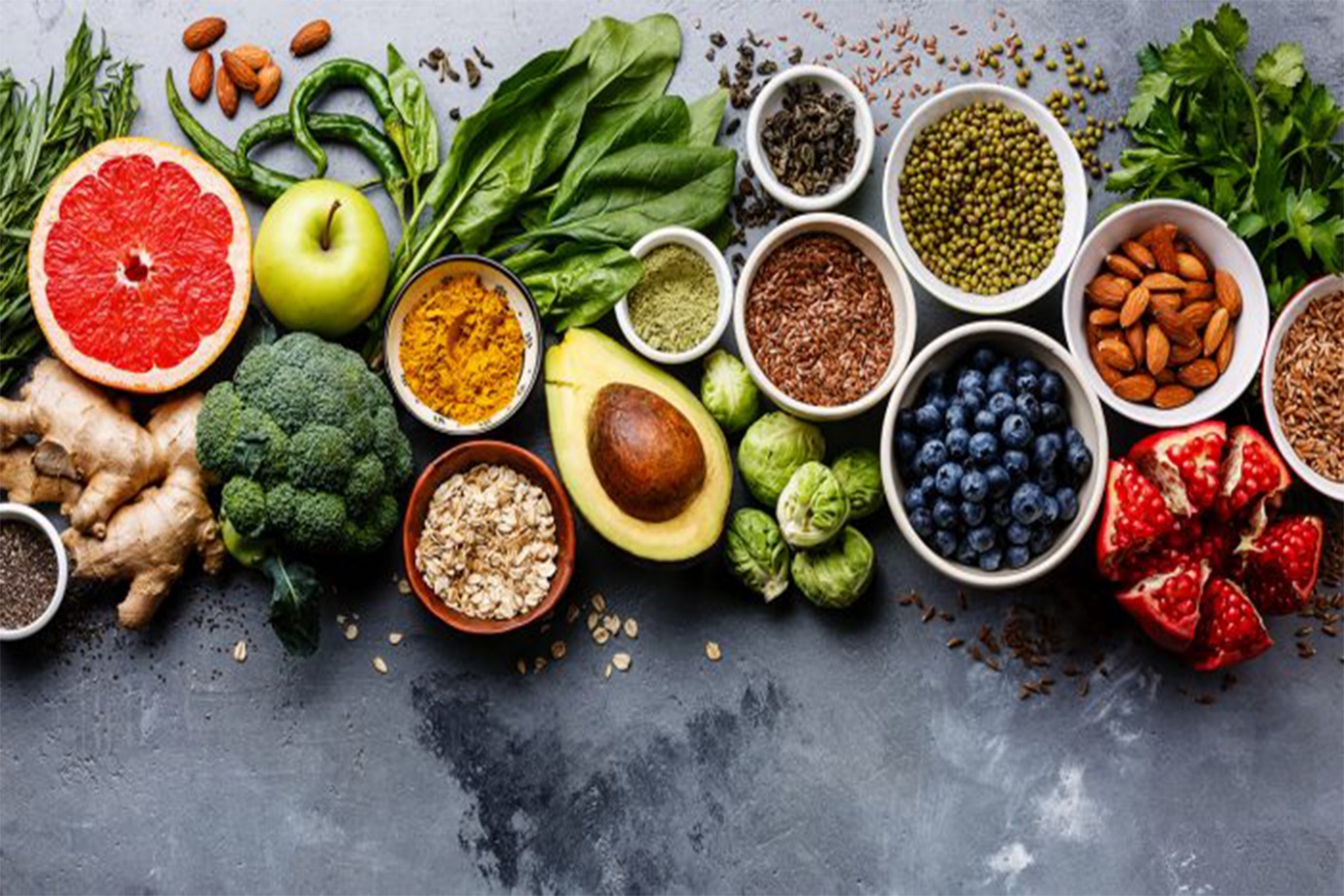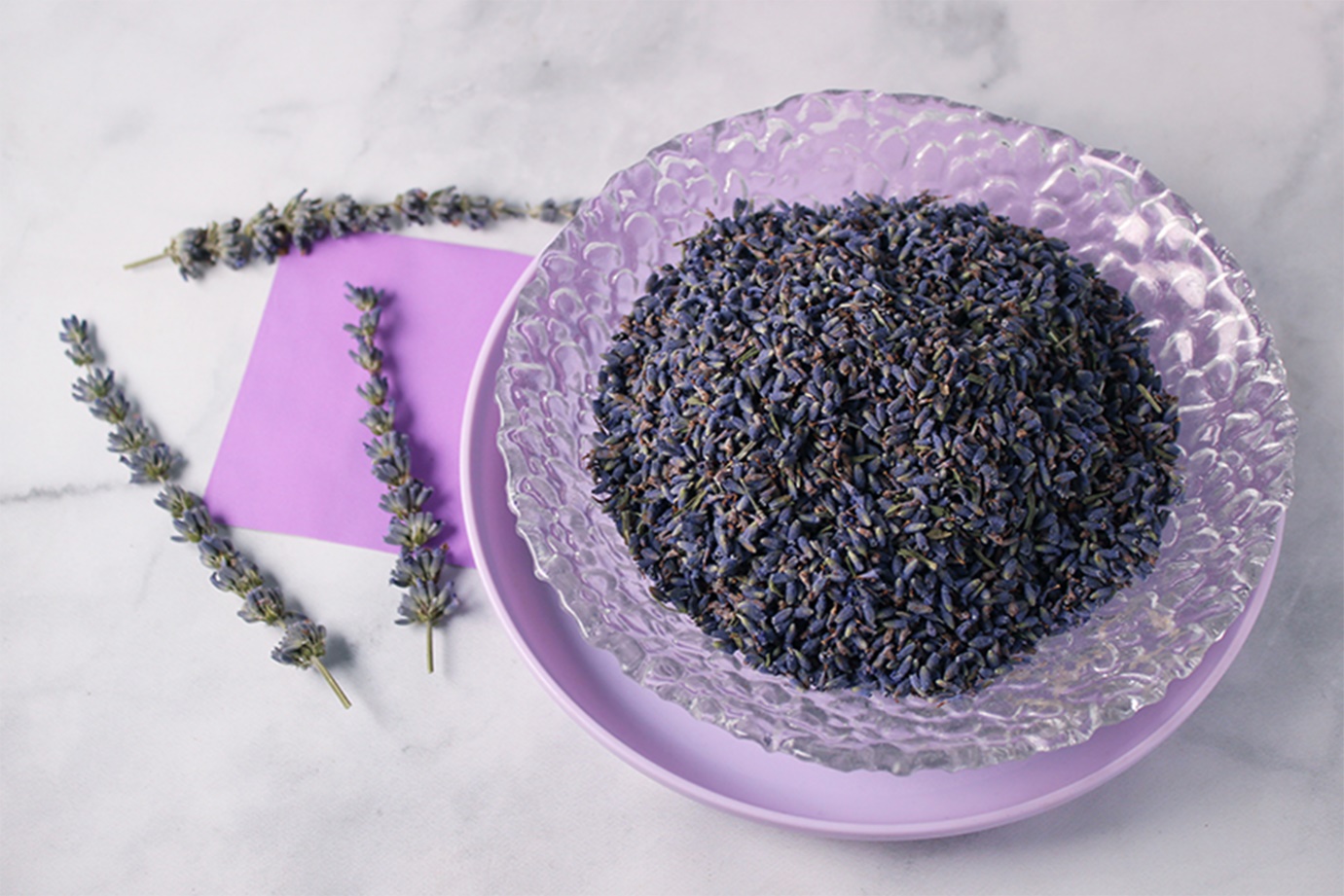In this article, we will delve into a crucial aspect of nutrition and wellness: the body's acid-alkaline (base) balance. We’ll explore how different foods influence this balance and offer two tasty recipes designed to support an alkaline diet.
To summarize:
- Adopting a diet that emphasizes alkaline-forming foods can significantly enhance your overall health.
- A diet heavy in acid-forming foods (such as high-protein items like meat, fish, eggs, grains, and dairy) can cause the body to become more acidic.
- Among foods, vegetables and seeds are particularly effective at promoting an alkaline state.
Join us as we uncover these insights and provide practical tips for a healthier diet.
Understanding pH
"Acidity" or "alkalinity" is a chemical property of substances that depends on the concentration of hydrogen ions. pH is a measure of how acidic or alkaline a substance is. Pure water, found in nature, is neutral with a pH of 7—it is neither acidic nor alkaline. Substances with a pH below 7 are considered acidic, indicating a higher concentration of hydrogen ions. Conversely, substances with a pH above 7 are alkaline, reflecting a lower concentration of hydrogen ions. The diagram below will further clarify this concept. (1)

Why is acid-alkaline balance important, and how does diet influence it?
Maintaining the body's acid-alkaline balance is essential for overall health. Each part of the body has a specific pH level tailored to its function. For instance, the stomach is naturally acidic to facilitate digestion and protect against pathogens. On the other hand, blood is slightly alkaline, with a pH around 7.4, and keeping this balance is crucial for well-being. The body uses several systems, including the kidneys and lungs, to regulate and maintain this balance effectively. (2)
Consuming a diet high in acid-forming foods—such as those rich in protein like meat, fish, eggs, grains, and dairy—can lead to increased acidity in the blood. On the other hand, including more alkaline foods in your diet can help neutralize this acidity. (3) Adopting an alkaline diet is often believed to prevent certain diseases and provide various health benefits. (2,3)
Identifying alkaline-forming foods can play a key role in maintaining a healthy blood pH level. Many nutrient-dense foods are naturally alkaline, such as healthy oils and fats, nuts, oily fish, seeds, and a variety of vegetables, including spinach, cucumber, beans, kale, avocado, watercress, celery, carrots, lemons, limes, pumpkin, coconut, beets, and leafy leaves. Incorporating these foods into your diet can support overall health and help balance acidity in the body.
Interestingly, the effect a food has on the body's acidity or alkalinity doesn’t necessarily match its own pH. For instance, lemons are highly acidic in nature, but after digestion and absorption, they have an alkaline effect on the body. On the flip side, meat, which is alkaline on its own, produces an acidic effect once metabolized. (4)

Is an alkaline diet truly beneficial for certain health conditions?
Experts recommend that those recovering from illnesses should aim for a diet comprising about 80% alkaline-forming foods. For healthy individuals looking to maintain their well-being, it's suggested that at least 60% of their diet should consist of alkaline-forming foods. This approach may help support overall health and prevent various conditions.
Research indicates that following an alkaline diet to maintain the body's pH balance can offer numerous health benefits, including improved blood sugar control, lower blood pressure, improved mobility, reduced cholesterol levels, weight loss, relief from gastrointestinal discomfort due to acid reflux, stomach ulcers, and intestinal issues, as well as enhanced overall well-being. (4)
Maintain balance:
- It's crucial to consult a nutritionist before making any dietary changes. Avoid drastic alterations to your diet, as these can pose health risks.
- Avoid diets that rely heavily on one group of foods, permitting some while eliminating many others.
- Similarly, an alkaline diet that solely aims to alkalize the body without considering other nutritional needs may lead to deficiencies, such as a lack of calcium or protein. (5)

Alkaline Diet Recipes:
1. Peppermint, lavender, and rosemary teas are excellent choices for those on an alkaline diet.
2. A salad featuring quinoa and flaxseeds makes a nutritious option. Enhance it with flaxseed oil, lemon zest, and lemon juice. For a finishing touch, top the salad with a quarter of an avocado.
In summary, maintaining a proper acid-alkaline balance is crucial for overall health, and a well-chosen, varied diet plays a significant role in this. By selecting appropriate alkaline foods and seeking advice from nutrition experts, you can improve your overall health and prevent many potential health issues, ultimately enhancing your quality of life.
References:
1. Thomas, L. What Makes Something Acidic or Alkaline?. Retrieved from https://www.news-medical.net/life-sciences/What-Makes-Something-Acidic-or-Alkaline.aspx
2. Schwalfenberg, G. (2012). The alkaline diet: Is there evidence that an alkaline pH diet benefits health?. Journal of environmental and public health. (6), 727630. Retrieved from https://www.researchgate.net/publication/51732140_The_Alkaline_Diet_Is_There_Evidence_That_an_Alkaline_pH_Diet_Benefits_Health
3. Yalcinkaya, N., Isik, O., Beyleroglu, M., Erdogdu, D., Cicek, G., & Novak, D. (2024). Effects of 8-week alkaline diet and aerobic exercise on body composition, aerobic performance, and lipid profiles in sedentary women. Frontiers in Nutrition, 10:1339874. Retrieved from https://www.ncbi.nlm.nih.gov/pmc/articles/PMC10794351/
4. Suneetha, J.W., & D. Sangma, J., & Bethapudi, A. (2019). Concepts of acid alkaline diet. https://www.researchgate.net/publication/333532069_Concepts_of_acid_alkaline_diet
5. Raposa, B., Antal, E., Macharia M, J., Pintér, M., Rozmann, N., Pusztai, D., … Banati, D. (2022). The issue of acidity and alkalinity in our diet -Facts, popular beliefs, and the reality. Acta Alimentaria, 51(6). Retrieved from https://akjournals.com/view/journals/066/51/3/article-p326.xml